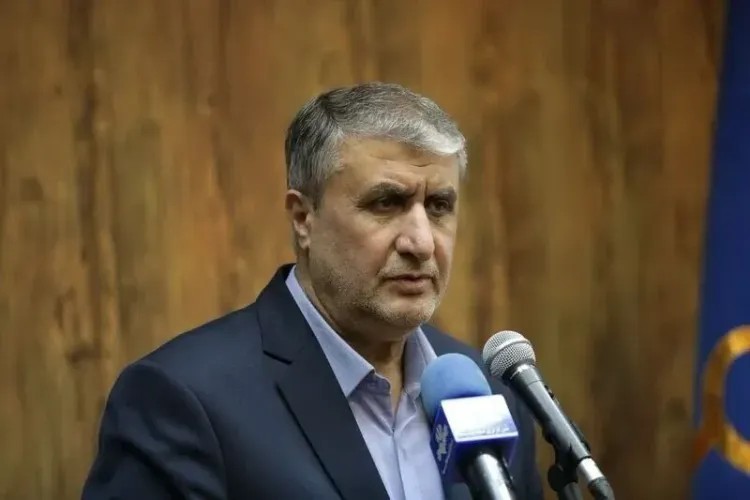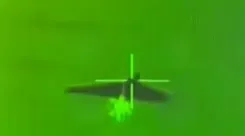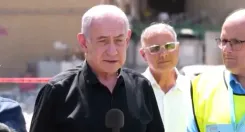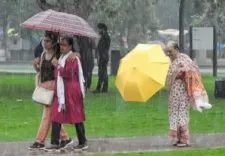Why is Iran's atomic chief urging IAEA to act against Israeli strikes?

Synopsis
Key Takeaways
- Iran's atomic chief demands action from the IAEA.
- Israeli strikes have targeted Iranian nuclear facilities.
- Iran has retaliated with missile and drone attacks.
- The conflict has escalated significantly in recent days.
- International law and the implications of these strikes are under scrutiny.
Tehran, June 20 (NationPress) - The head of Iran's Atomic Energy Organization, Mohammad Eslami, has urged the United Nations nuclear body to put an end to its inaction and denounce the recent Israeli assaults on Iran's peaceful nuclear sites, as reported by the semi-official Fars News Agency.
In a letter sent to Rafael Grossi, the President of the International Atomic Energy Agency (IAEA), Eslami's comments came in response to an Israeli strike that targeted the Arak heavy water research reactor located in Khondab County, Markazi province, on Thursday morning, according to Xinhua news agency.
Eslami emphasized the need for the IAEA to promptly condemn Israel's actions, which he argued violate international law.
The confrontation between Israel and Iran has now extended into its seventh day. The conflict ignited after Israel launched airstrikes on June 13, targeting Iranian military and nuclear installations, resulting in the deaths of several prominent military leaders and nuclear scientists.
In retaliation, Iran has conducted missile and drone strikes against Israeli targets.
Earlier on Thursday, a missile hit a structure at Soroka Medical Center in southern Israel, leading to injuries for at least 71 individuals, as stated by Israel's Health Ministry.
Iran's mission to the UN disputed the narrative, asserting that the strike was directed at the headquarters of the Israeli army's C4I telecommunications corps and an intelligence facility.
The mission reaffirmed Iran's commitment to international humanitarian law, emphasizing that it does not target civilians or non-military infrastructure.








